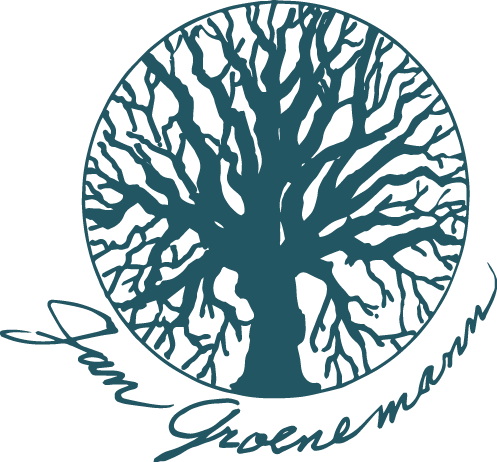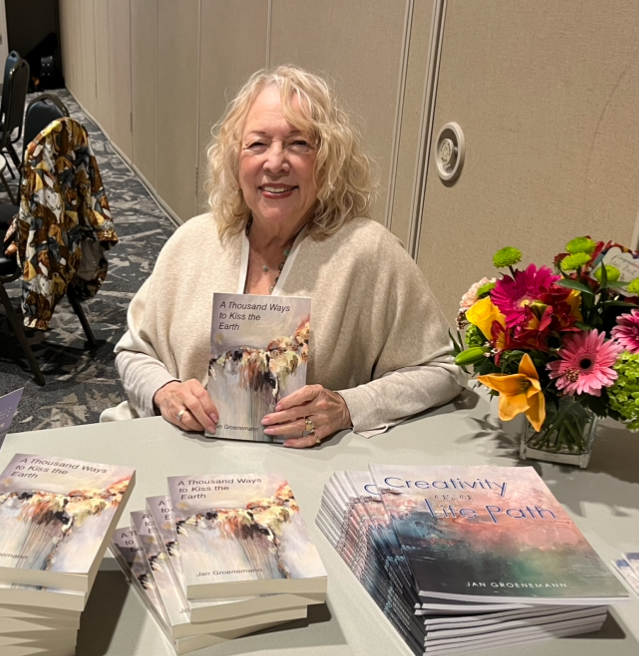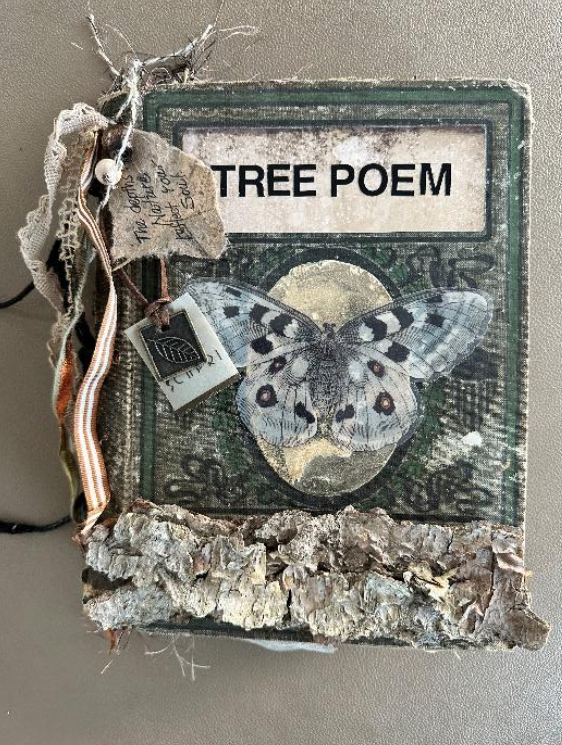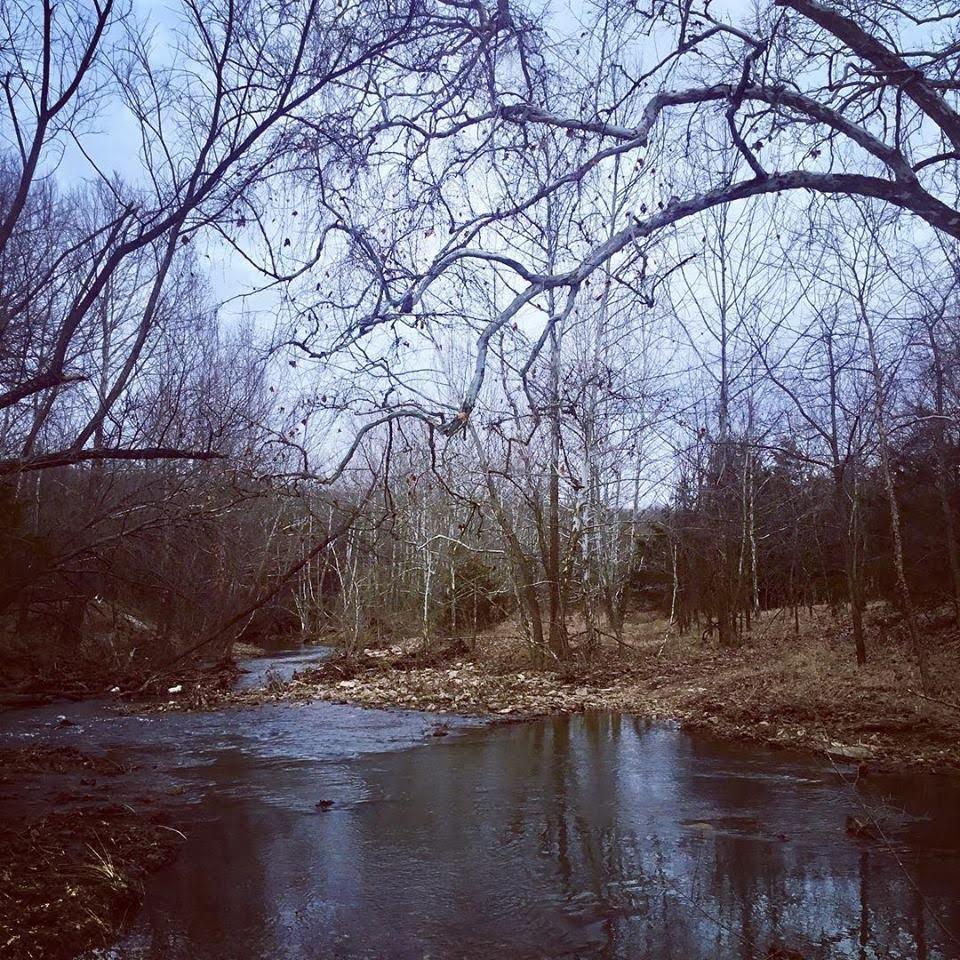What do people fear the most? T. Collins, author of Memory: Self, answers the question this way. “I think perhaps it may be the fear of extreme disconnection, separation or alienation, which seems to come in many forms.” Those forms–death as a disconnection from life, isolation and loneliness as a disconnection from others, ignorance as a disconnection from understanding, to name a few–can cause us to freeze up, to stop growing, to stop seeking, to shrivel and die before our time.
A Course in Miracles speaks of fear as an absence of love. Fear, as that which actually serves to protects us from what might harm us, is a primitive and useful part of human nature. But, when fear causes us to harm others unnecessarily or to do self-destructive things, it is not beneficial and must be let go.
The fear of being alone is one such growth-inhibiting fear, and it is a major theme in my first novel, Woman Alone. I recall that fear of being alone as a child when I happened to get home from school before my mother had returned from doing an errand. We didn’t have cell phones, and therefore, no instant connection in those days. I simply had to wait, and wait, and wait until Mom returned to know what had kept her. I can remember that fear of “what if she had a car accident” or “what if she was kidnapped….what if she never returned?” I can recall, when between boyfriends, watching my coupled friends and fearing I would always be alone. That fear followed me into my marriage when my now ex-husband didn’t show up from work when he was expected and didn’t bother to call to let me know he would be late. Mostly those fears proved unfounded. Yet, they always had an important impact on my life.
I have, in working with hundreds of people through workshops and life-coaching, learned that many adults fear being alone to the degree that they enter unhealthy relationships or jobs, stay in abusive relationships, and expend endless energy desperately searching for various accomplishments and partnerships in an attempt to assuage that fear. But can anyone or anything outside of ourselves actually bring us freedom from fear of being alone—or bring us peace?
A fear-filled mind is a mind out of control. It is the farthest thing from inner peace. It is a mind that ranges from severe mental disorders, anxiety disorders, and phobias to that simple fear of being alone. Fear of being alone is a sure sign of a lack of inner peace. Learning to let go of fear is key to contentment or happiness.
The Dalia Lama said, “We can never obtain peace in the world if we neglect the inner world and don’t make peace with ourselves. World peace must develop out of inner peace.”
In Woman Alone, Jude Bennett, the main character, learns the value of being alone. Alone time allows opportunity to enter one’s inner world, to process, to practice introspection, and to grow in self-awareness. Jude comes to understand that there is a great difference between aloneness and loneliness. While loneliness is that insecurity felt as a result of feeling disconnected from others, aloneness allows time to sit in stillness and to learn to connect and listen to one’s inner-self for guidance. It offers the opportunity to quiet the “monkey mind” that can scramble our senses, so that we can meditate, contemplate, hear greater wisdom, and let go of fear.
The desire to fill every moment with another person, experience, or accomplishment so often leads to what Thoreau coined “a life filled with quiet desperation.” As Jude concludes in Woman Alone, it is the journey we must make alone that finally brings us home.



